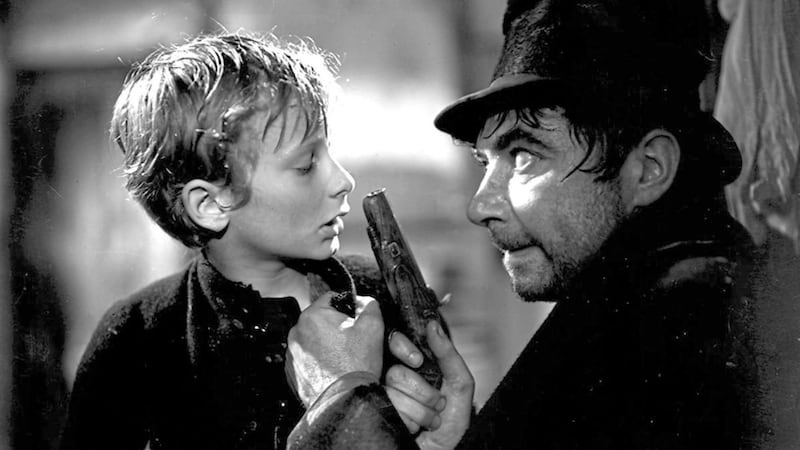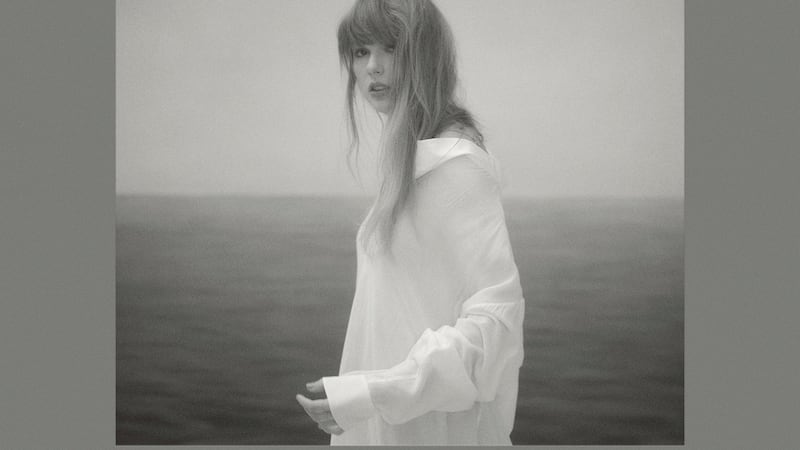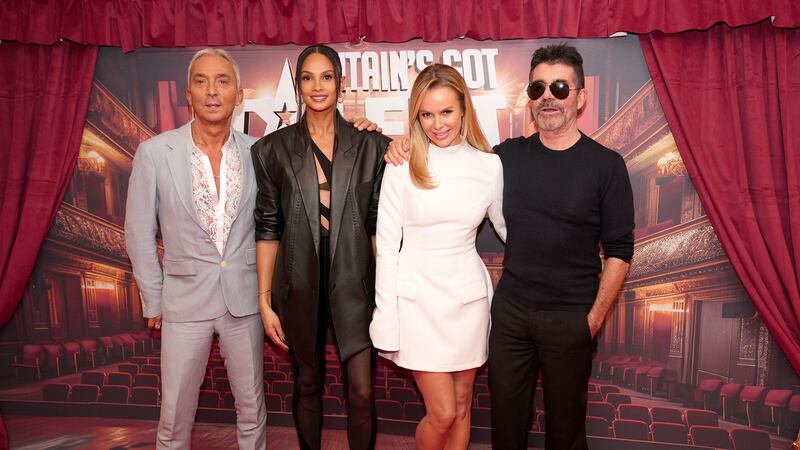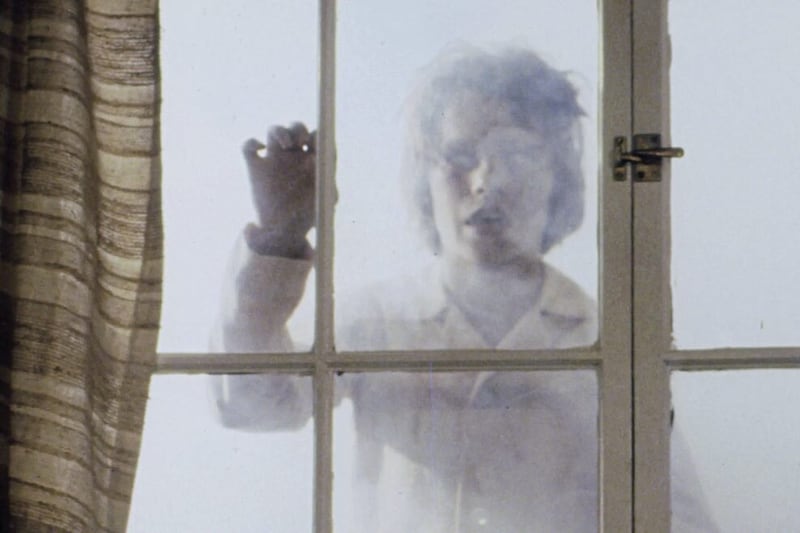Oliver Twist
BY THE time David Lean directed Oliver Twist in 1948 he already had form for bringing the best work of Charles Dickens to the big screen. Great Expectations, from two years previously, had wowed critics and audiences alike and remains, rightly, revered as one of the greatest adaptations of the author's work ever to grace the silver screen.
If Lean felt the pressure to deliver with his next stab at a beloved Dickens novel he didn't show it. On just about every front, Oliver Twist is an incredible achievement. Through Lean's eyes, the author's beer sodden, smoke shrouded Victorian back streets come to life so potently you can almost smell the desperation in the air.
The tale of young Oliver (John Howard Davies) who flees form his life as an undertaker's apprentice to head for the lurid lure of London is beautifully captured and shot through with real feeling and humanity in just about every frame.
We meet the definitive Artful Dodger, in the shape of the great Anthony Newley, who swiftly introduces us to Fagin, the larger-than-life leader of the criminal gang of pick-pockets who offers Oliver a new home and career.
The genius of Alec Guinness for inhabiting characters and blowing up their personalities to unforgettable levels is captured perfectly in this central role and, while he was astonishing in Great Expectations, he's a revelation here and barely recognisable under his mass of matted hair and a comicly over-egged hooked nose.
Oliver does escape briefly into the arms of the kindly Mr Brownlow (Henry Stephenson) but it isn't long before the evil Bill Sykes and his abused partner Nancy (Kay Walsh) grab the boy and bring him back into the darkness.
If Guinness is scenery-munchingly good as Fagin, then Robert Newton is almost cartoon-like in his over-playing of Bill. Like the ultimate pantomime villain, eyes are rolled, faces pulled and reactions wildly over-amped. The result is one of the finest cinema bad guys ever.
If there is a weak spot, it might be John Howard Davies who brings a clean cut, almost public school politeness to the role of Oliver that feels a little out of place. Such criticism is really just nit-picking, though. Despite that traditional English cinema accent that seemed to insist heroes should be upper-class, his Oliver is a vulnerable and likeable creation that's probably just over-shadowed by the epic performances happening all around him.
Dickens' novel would undergo many re-imaginings after this 1948 take of course, with perhaps the 1968 musical taking its place in cinema history as the most familiar version – but there's nothing to touch David Lean's vision.
Dark, grim and fearsomely bleak at times, it also picks out moments of tenderness, love and even comic relief like no other take on the story has managed. A beautifully realised example of how great literature can make the jump to great cinema if it's handled with love and care, David Lean's Oliver Twist is a masterpiece of British movie making.








